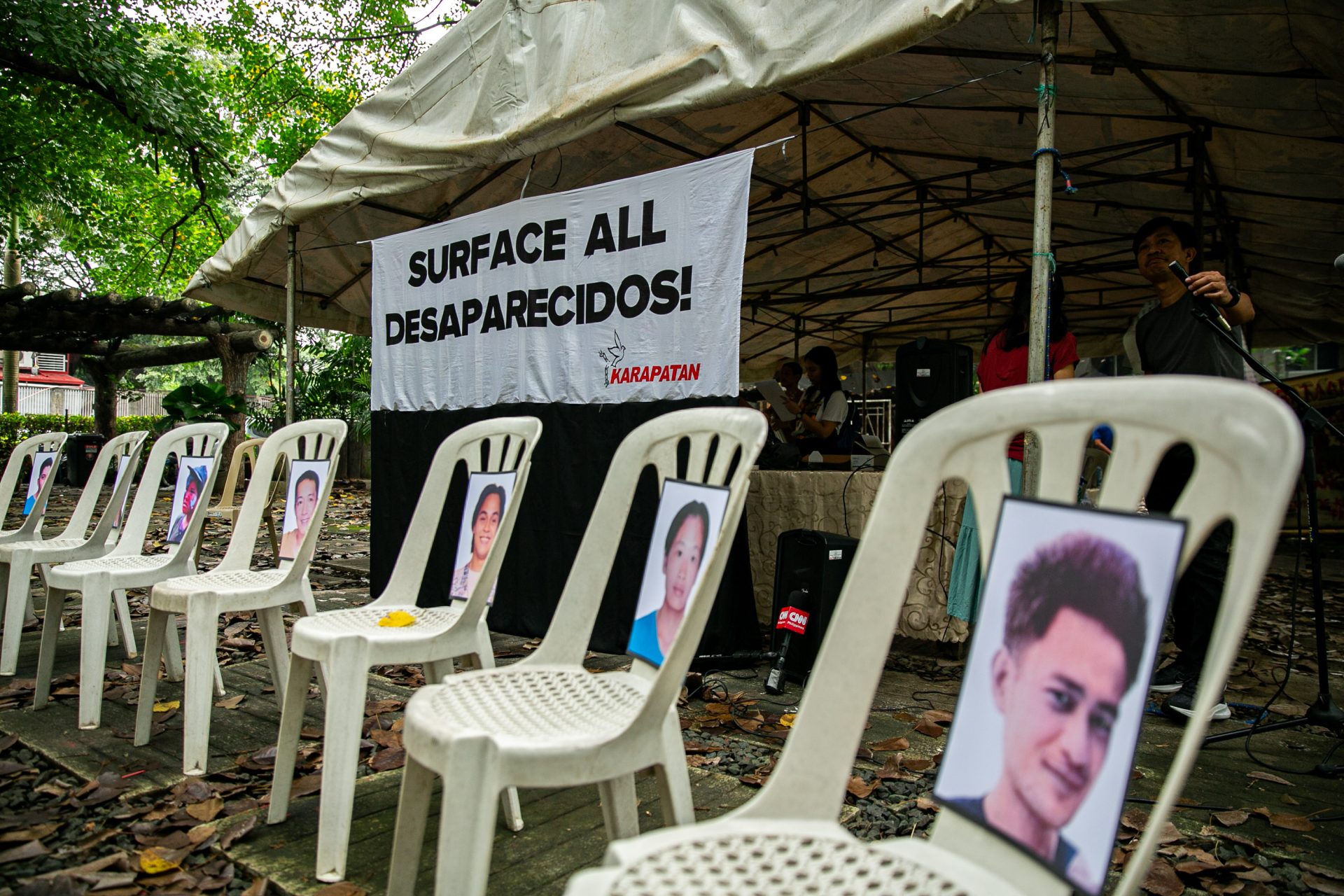Human Rights Watch highlighted a concerning surge in government-led repression across Asia, with implications for both domestic and international human rights.
In its World Report 2024, the organization specifically pointed out concerning developments in China, North Korea, Vietnam, India, Pakistan, Indonesia, and Bangladesh.
The report detailed the Chinese government’s continuous crimes against humanity, particularly against Uyghurs and other Turkic Muslims in Xinjiang, alongside an increase in abusive policies throughout the country.
North Korea and Vietnam are accused of escalating repression within their borders. Meanwhile, India, Pakistan, Indonesia, and Bangladesh, all facing elections in 2024, are criticized for heightened attacks on democratic institutions and the rule of law.
Elaine Pearson, Asia Director at Human Rights Watch, emphasized the urgent need for bold new approaches from rights-respecting governments and democratic institutions.
“People throughout Asia are seeing their rights and freedoms trampled or ignored. Stronger leadership is needed to protect and promote human rights in the region, or the situation will only grow worse,” she said.
The World Report 2024, spanning 740 pages, reviews human rights practices in over 100 countries.
Executive Director Tirana Hassan, in her introductory essay, highlighted 2023 as a consequential year for human rights suppression, wartime atrocities, selective government outrage, and transactional diplomacy.
One striking aspect emphasized in the report is the lack of a meaningful human rights charter or regional institution in Asia, unlike in Europe, Africa, and the Americas.
The Association of Southeast Asian Nations (ASEAN) is criticized for its repeated failure to address regional human rights crises, particularly evident in its handling of the Myanmar crisis.
Democratic systems in Asia also faced challenges, with examples like Thailand’s election results being undermined by a military-appointed senate.
Cambodia’s electoral process in July was discredited as the main opposition party was blocked from participating.
Bangladesh saw intensified attacks on the political opposition ahead of the 2024 elections, resulting in the arrest of over 10,000 dissidents and opposition members.
The report further highlights arbitrary arrests and prosecutions of dissidents in Vietnam and India, anti-communist “red-tagging” in the Philippines, and the continuation of severe restrictions on civic society groups and independent media in Cambodia under new leadership.
Governments engaging in repressive conduct beyond their borders raised additional concerns. China was accused of intimidating people and institutions in other countries, while asylum seekers in Thailand faced threats of forced deportation to several countries.
Allegations of the Indian government’s involvement in the assassination of a Sikh activist in Canada and a similar plot in the US raised questions about India’s external conduct.
Human Rights Watch criticized democratic governments in Asia for their lack of action in championing human rights standards regionally or internationally.
Japan and South Korea, on the United Nations Security Council, were cited for remaining relatively silent on rights issues. Australia’s slow response to using targeted sanctions on human rights abusers was noted.
“Established democracies in Asia have failed to provide leadership to advance human rights in the region or the world,” Pearson said. “They need to realize that repression outside their borders affects human rights at home.”







